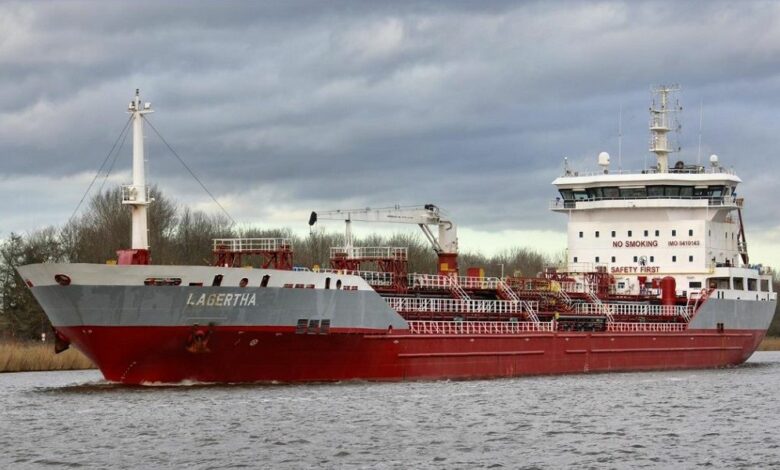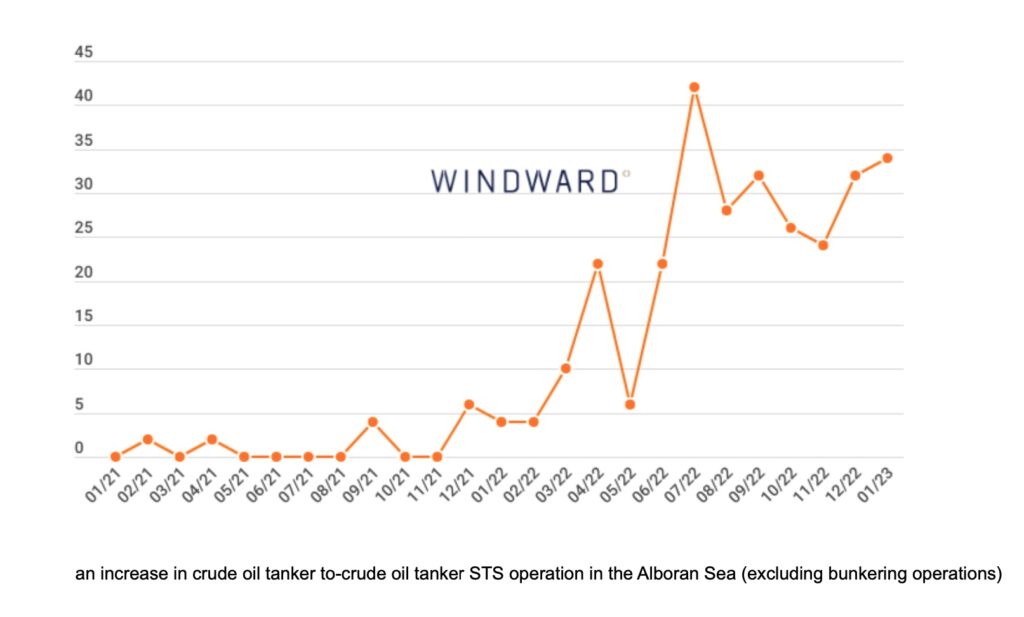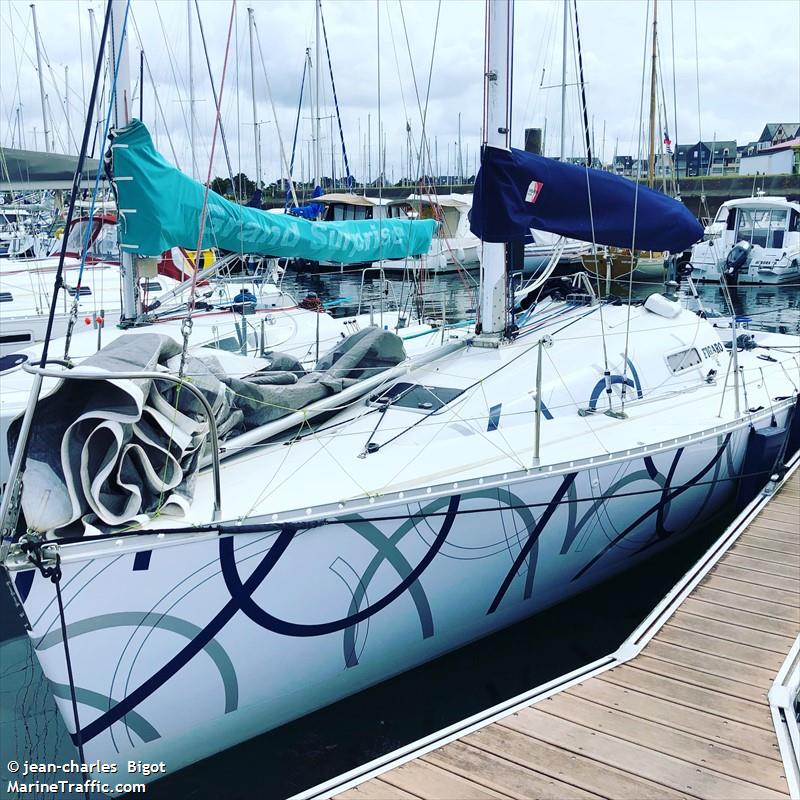Spanish authorities on alert as ship-to-ship transfers soar nearby

Spanish authorities detained and charged a Turkish product tanker Lagertha for allegedly discharging oil in open waters of the Mediterranean near Tarragona port.
The Maltese-flagged ship owned by Besiktas Likid Tasimacilik was intercepted after a reported discharge that extended over an area of 12.7 sq km was detected earlier this month. The owners of the 2009-built tanker, previously known as BK Superior will have to pay a bail of €100,000 ($106,680).
Separately, Spain detained a Vietnamese-owned product tanker, Elephant during an inspection in the northwest port of Ferrol. The ship was involved in a ship-to-ship (STS) transfer with Maersk Magellan with cargo that originally came from the Cameroon-flagged vessel, which until July 1 sailed under a Russian flag. Consequently, the Singapore-flagged product tanker operated by Maersk Tankers was denied entry into Tarragona port earlier this month.
STS activity involving Russian oil has increased dramatically in the Strait of Gibraltar near Ceuta. More than 50 operations were reported in the strait zone between the end of 2022 and February 8 of this year. The location is ideal for transferring oil from small tankers that can fit into Russia’s Baltic ports to VLCCs that provide long-distance transport to Asia. This pattern has piqued the interest of EU regulators, especially since many Russian-linked tankers now use alternative insurers. The chances of obtaining a payout from a new Russian government-backed insurance fund in the event of an STS accident and spill are unclear.
According to the analytics platform Vortexa, Chinese operators have accounted for 65% of STS activity offshore Ceuta since December. The employment of Chinese-operated tankers offshore Ceuta also points to a large volume of Urals transferred there eventually heading to China.
“Looking ahead, we expect rising STS activity offshore Ceuta as other VLCCs join those currently loading Urals for China, to support or even build on current levels for Russian Urals exports to China. The STS transfers to VLCCs allow for better economies of scale (lower costs) and advert an overheating of the feeding Aframax and Suezmaxes classes. The potential increase in Chinese-operated VLCCs (engaged in Urals STS transfers) would likely boost the number of high-risk tankers congregating offshore Ceuta in the coming months,” said Armen Azizian, crude market analyst at Vortexa.
Azizian added, however, that looking further ahead into the summer, once tides subside, there could be a reversion back to dark STS activity off the North Atlantic. “This would likely raise the complexity of tracking Russian Urals flows, as was the case in the summer of 2022,” he said.
Israeli data firm Windward has detailed how Ceuta – an autonomous Spanish city on the north coast of Africa – has grown as an STS hub for Russian oil in the last year. Bordered by Morocco, Ceuta lies along the boundary between the Mediterranean Sea and the Atlantic Ocean. The area is also known as a hub for drug trafficking.


 for allegedly discharging oil in open waters of the Mediterranean near Tarragona port.
for allegedly discharging oil in open waters of the Mediterranean near Tarragona port.
If this is a Spanish enclave why don’t the authorities intervene and block this activity. It is a blatant and flagrant defiance of sanctions set by the EU and others.
Unfortunately this has been on for years. I was unfortunate to get involved in one such operation. Transferring gasoline from 2 small tankers to a big one on behalf of the American secret service. Hiding from Madagascar, French and South African authorities. Another STS operation was then carried out later off the coast of South Africa and the cargo discharged in New York. Apparently the cargo originated in Iran and was destined for Venezuela. Confiscated by the US as they suggested the proceeds were going to a terrorist organisation. Where there is money to be made, big business and governments take full advantage regardless of legality and morality.